Colon Cancer Awareness

Raise your hand if you have had a colorectal screening lately. (Raising my hand.) I had a colonoscopy in October after ten years of praying that my doctor didn’t find any signs of cancer. To me, ten years is a long time to wait to have a colonoscopy, but colon cancer develops much slower than most cancers.
The Prevent Cancer Foundation sponsored this post. However, all opinions are my own.
I know that this isn’t a conversation you can have with your friends, but it’s a conversation I’m going to have with you.
Before I discuss how you can prevent getting colorectal cancer, let’s talk about the risk factors and symptoms.
Risk Factors for Developing Colon Cancer :
- Older age. Colon cancer can be diagnosed at any age, but most people over 50 are at a higher risk. The rates in people younger than 50 have been increasing, but doctors aren’t sure why.
- African-American race. African-Americans have a greater risk of colon cancer than people of other races.
- A personal history of colorectal cancer or polyps. If you’ve already had colon cancer or noncancerous colon polyps, you have a greater risk in the future.
- Inflammatory intestinal conditions. Chronic inflammatory diseases of the colon, such as ulcerative colitis and Crohn’s disease, can increase your risk.
- Inherited syndromes that increase colon cancer risk. Some gene mutations passed through generations of your family can increase your risk significantly. However, only a tiny percentage are linked to inherited genes.
- Family history of colon cancer. You’re more likely to develop colon cancer if you have a blood relative who has had the disease. Your risk is even greater if more than one family member has colon or rectal cancer.
- Low-fiber, high-fat diet. Colon cancer and rectal cancer may be associated with a typical Western diet, which is low in fiber and high in fat and calories. Research in this area has had mixed results. Some studies have found an increased risk of cancer in people who eat diets high in red and processed meat.
- A sedentary lifestyle. Inactive people are more likely to develop colon cancer. Getting regular physical activity may reduce your risk of colon cancer.
- Diabetes. People with diabetes or insulin resistance have an increased risk.
- Obesity. People who are obese have an increased risk of colon cancer and an increased risk of dying of colon cancer when compared with people considered average weight.
- Smoking. People who smoke may have an increased risk of colon cancer.
- Alcohol. Heavy use of alcohol increases your risk of colon cancer.
- Radiation therapy for cancer. Radiation therapy directed at the abdomen to treat previous cancers increases the risk of colon cancer.
See your doctor if you have any of the following symptoms:
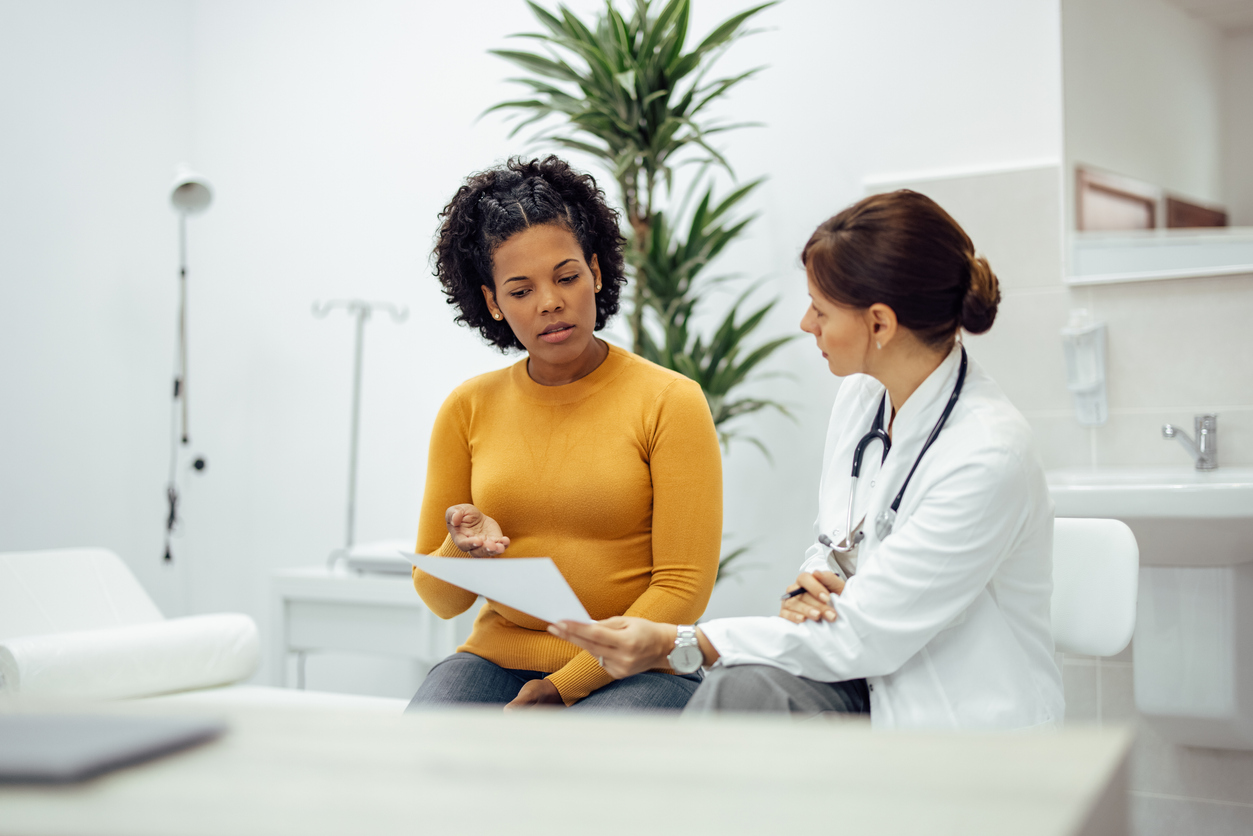
- A persistent change in your bowel habits, including diarrhea or constipation, or a difference in the consistency of your stool
- Rectal bleeding or blood in your stool
- Persistent abdominal discomforts, such as cramps, gas, or pain
- A feeling that your bowel doesn’t empty completely
- Weakness or fatigue
- Unexplained weight loss

What Can I Do to Reduce My Risk of Colon Cancer?
Overall, the most effective way to reduce your risk of colon cancer is to get screened for colorectal cancer routinely, beginning at age 45.
But people with an increased risk, such as those with a family history of colon cancer, should consider screening sooner.
Several screening options exist — each with its benefits and drawbacks. Talk about your options with your doctor, and you can decide which tests are appropriate.
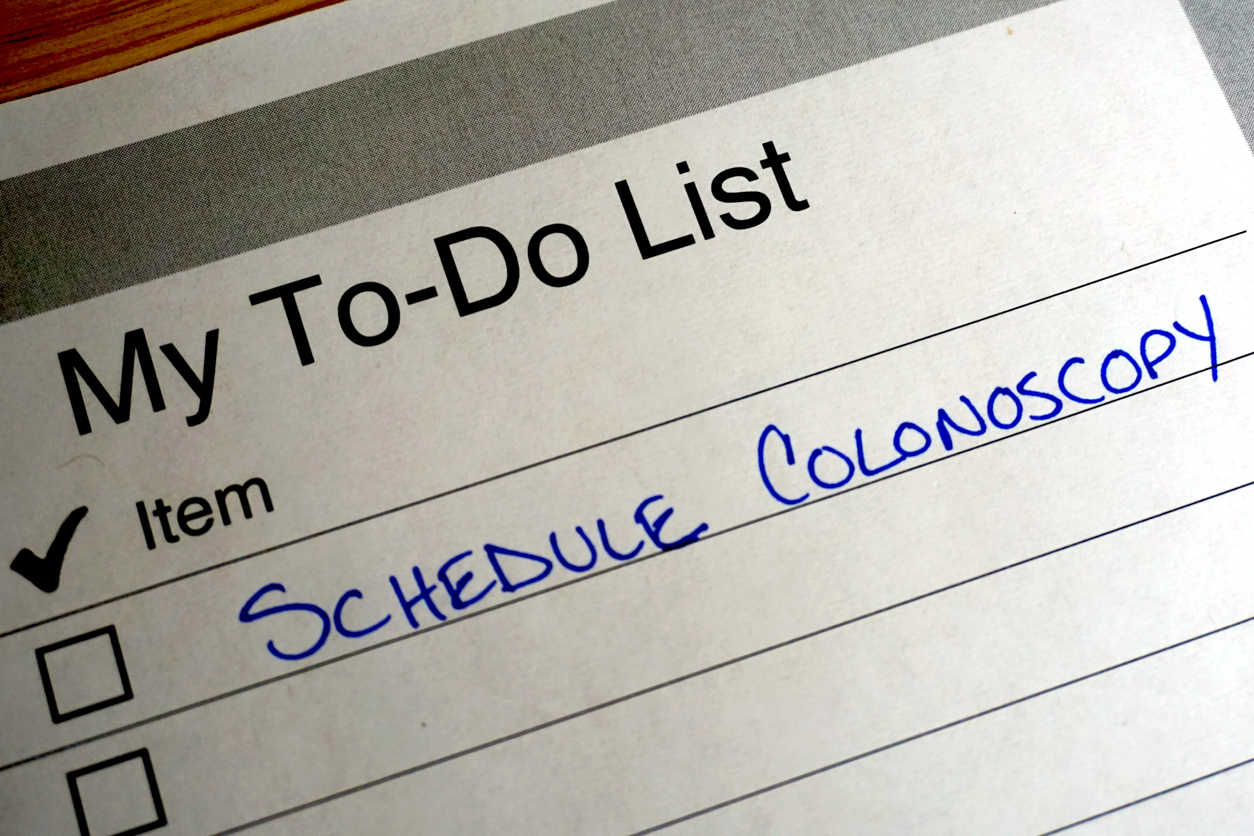
A recent Prevent Cancer Foundation survey found that 82% of Americans 45 and older who have had a colorectal cancer screening admit they felt relieved, empowered, reassured, and confident after their colorectal cancer screening.
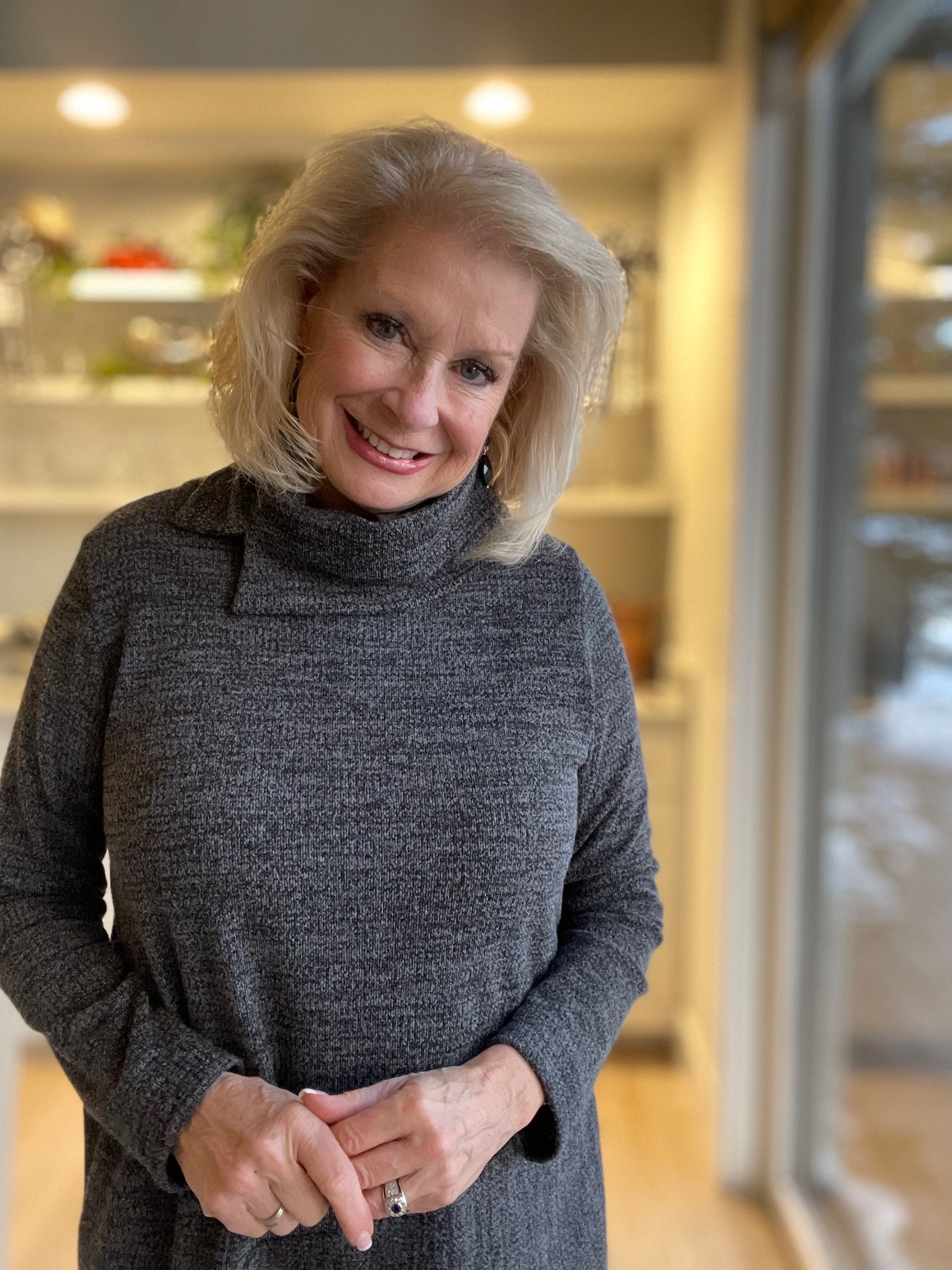
I have always had colonoscopies, but I might try the at-home screening kit later. They are done more frequently than a colonoscopy. As much as I dreaded the prep work and having the actual colonoscopy, I was happy that my gastroenterologist didn’t find any colon cancer. I even rewarded myself with a little shopping spree!
Diet

Research is underway to determine if your diet changes reduce your colorectal cancer risk. For example, medical experts often recommend a diet low in animal fats and high in fruits, vegetables, and whole grains to reduce the risk of other chronic diseases, such as coronary artery disease and diabetes. This diet also may reduce the risk of colorectal cancer.
Healthy Choices to Prevent Colon Cancer
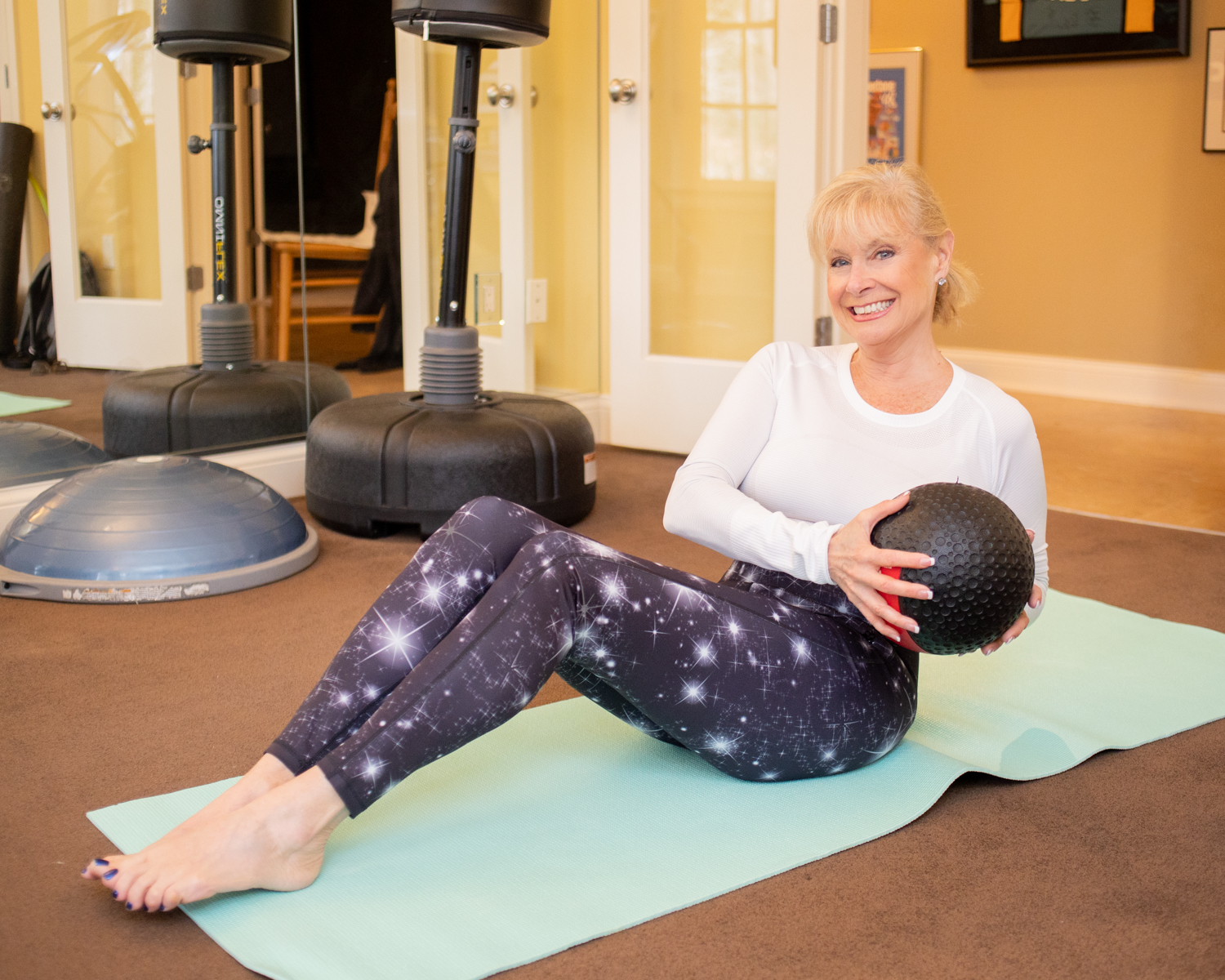
Some studies suggest that people may reduce their risk of developing colorectal cancer by increasing physical activity, keeping a healthy weight, limiting alcohol consumption, and avoiding tobacco.
Take the Cancer Screening Quiz to learn what screenings are recommended for you.
I hope you’re taking care of your health and getting a colorectal screening when required!
Until next time!


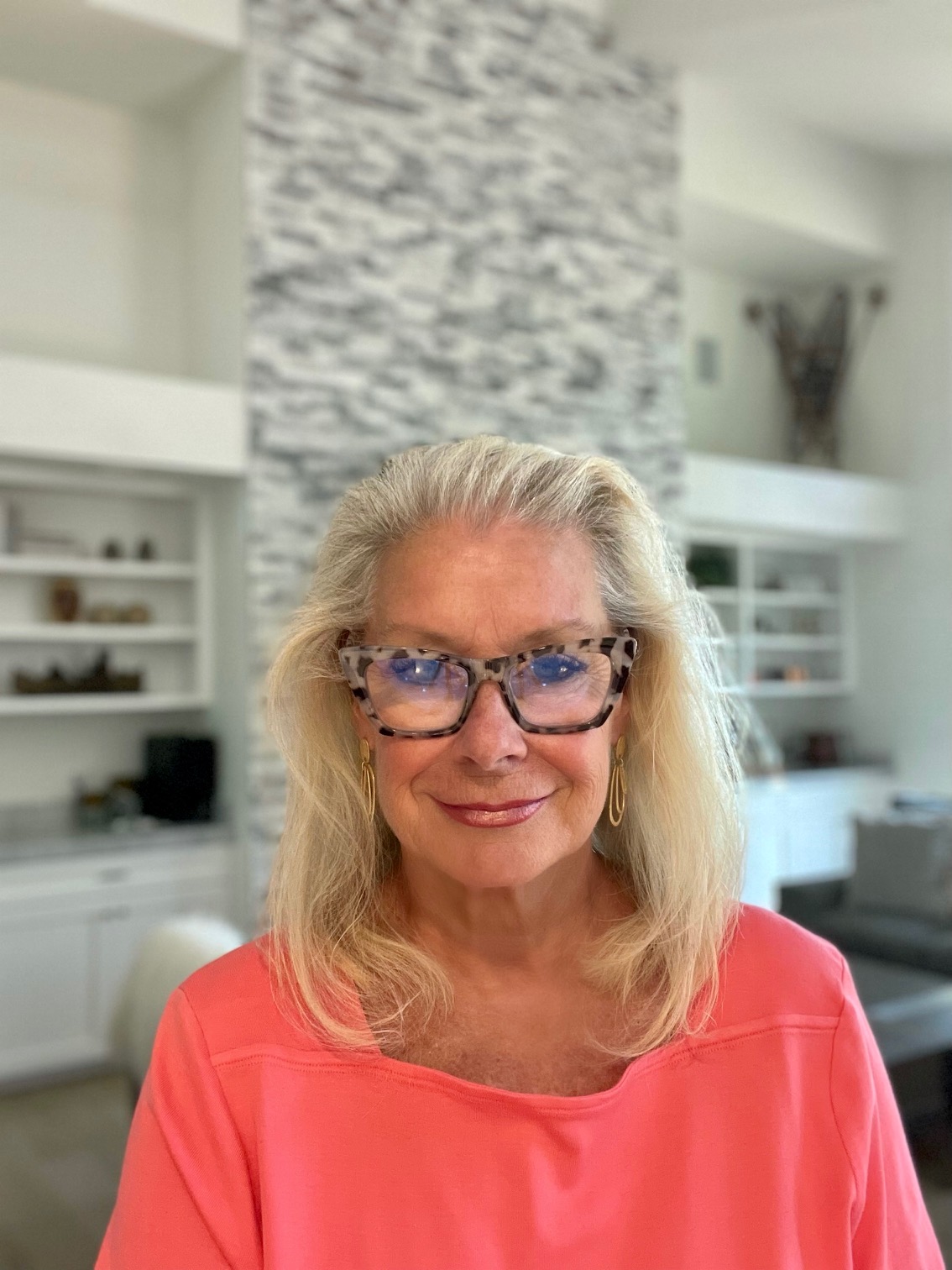


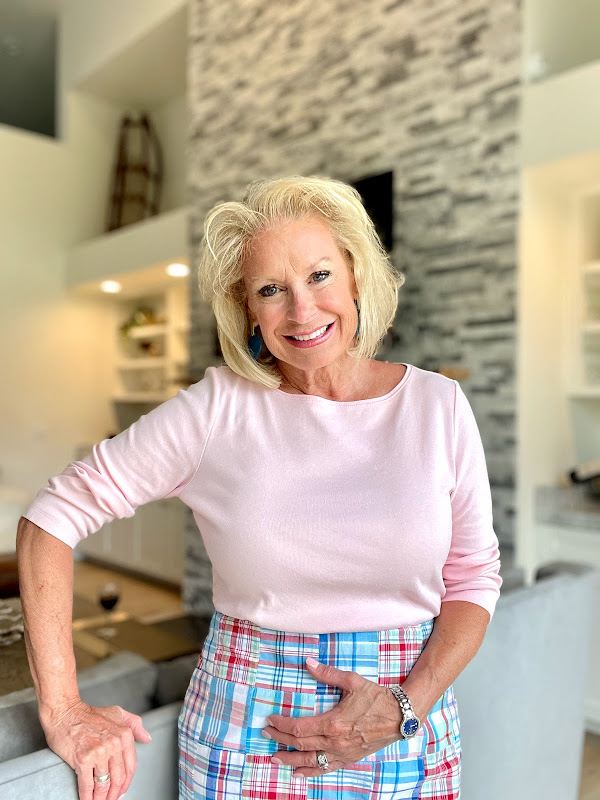
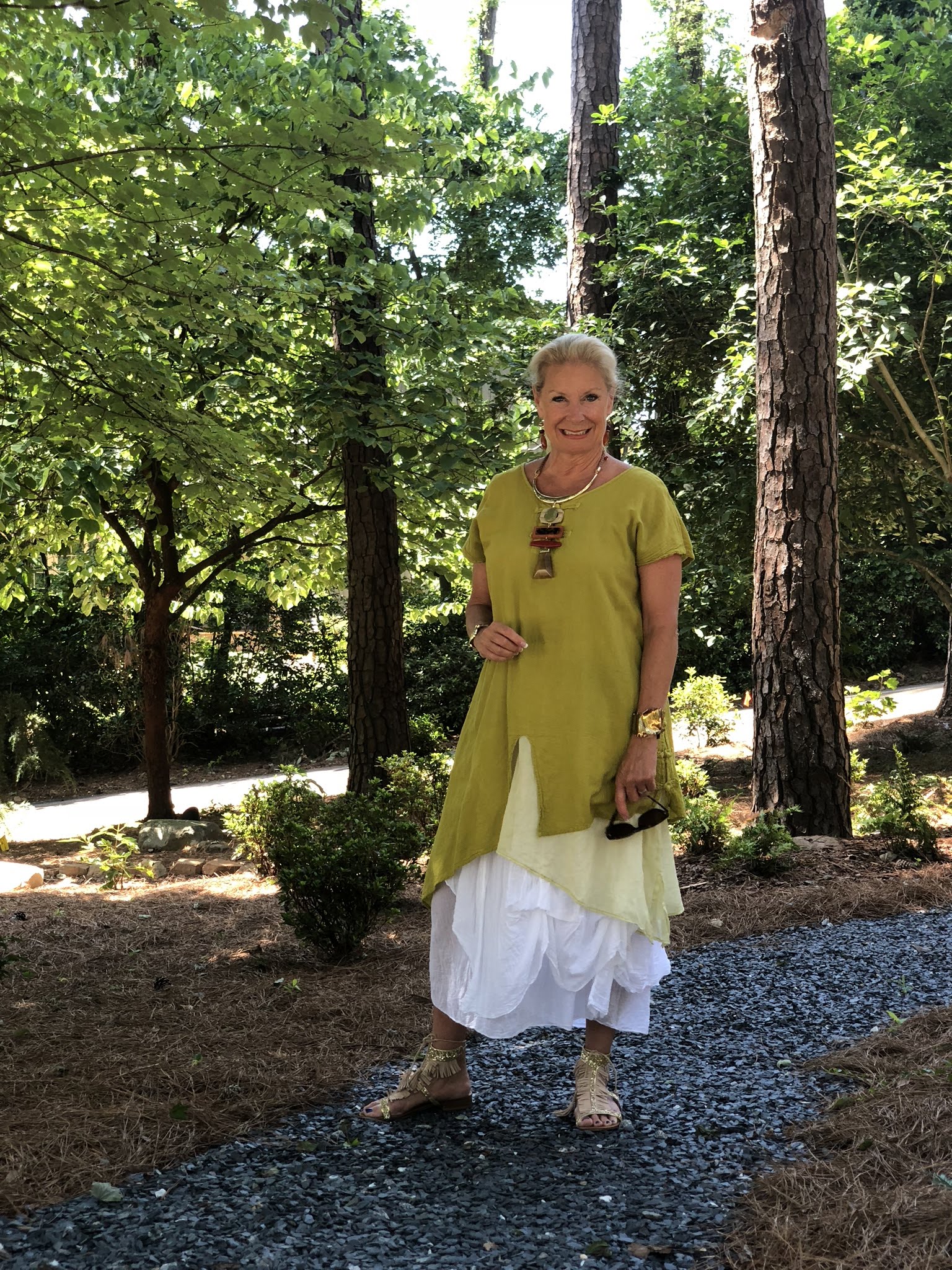
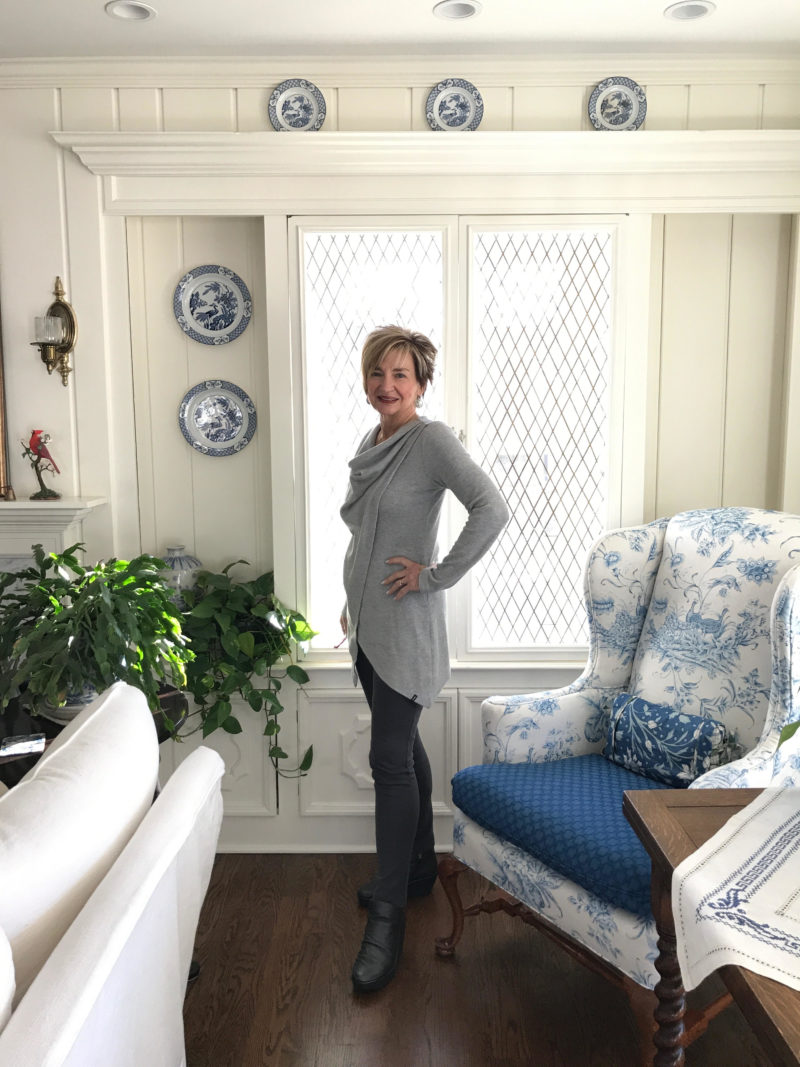
I just saw this and wanted to say that even if your young and have these symptoms get yourself checked out. My son was diagnosed with colon cancer at age 38. He is fine now ( thank goodness) but because of his age he didn’t even think about a colonoscopy.
It can happen at any age. This is a good reminder.
I get my colonoscopy regularly. I had diverticulitis and developed into two pin holes in my colon. I had emergency surgery. I had to wear a colostomy bag for six months. Then another surgery to reconnect my colon. Those were the worst surgeries I have ever had. I will not miss a colonoscopy ever. I pay attention to any pain in my abdomen. I had no idea what diverticulitis was. But I’m much better informed now. If I have to have that kind of surgery again. I will be wearing a colostomy bag the rest of my life. And that was not pleasant.
Pam,
I am so glad that you shared your journey with us.
I am so happy that you are doing well.
Happy holidays!